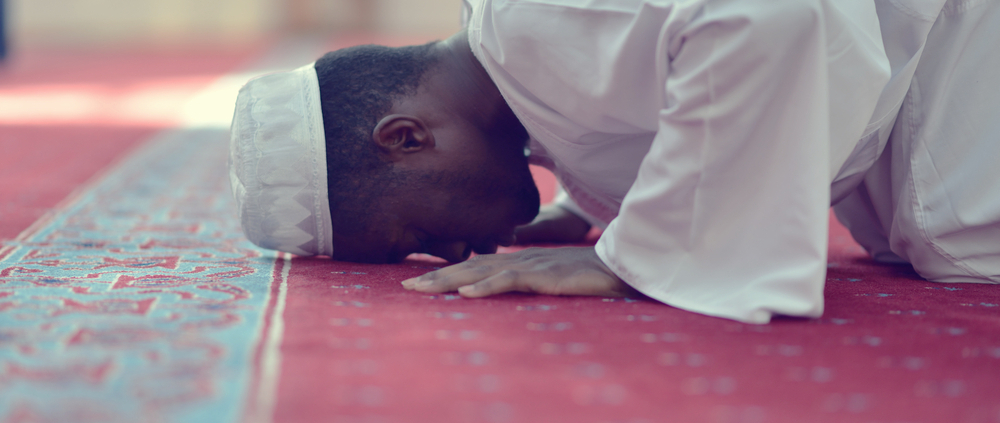How Should the Sunna Prayers of Zuhr and the Friday Be Performed? Who Is Excused from Congregational Prayer?
Hanafi Fiqh
Answered by Shaykh Abdul-Rahim Reasat
Question
When and how should the four sunnas of Zuhr and the Friday prayer be performed?
How far away from a mosque must one be to be excused from attending congressional prayer? What is the definition of “heavy rain” that would justify an excuse?
Answer
I pray you are well.
The four sunna prayers before Zuhr, as well as the four before and after the Friday prayer, should be performed in the same manner as the Fard of Zuhr, with the exception that it is Wajib to recite three verses or a short sura after the Fatiha in them.
If you can add two voluntary units after the two sunnas after Zuhr that would be excellent. The Messenger of Allah, Allah bless him and give him peace, said, “Whoever is consistent with four units before Zuhr and four after it, Allah will make him impermissible for the Fire (to touch).” [Abu Dawud]
Being Excused From Praying in a Mosque
In general, whatever is considered “heavy rain” would excuse one from the mosque. This was more of a difficulty in the past where there were mud roads which became quite dangerous and difficult to traverse after a lot of rain.
If you have the means of getting to the mosque in the rain, such as a car, then try to do so. It will be very rewarding by the grace of Allah.
There is no specified distance to a mosque. If you can manage to make it there whilst balancing your obligations do so. If the distance is such that it would affect your ability to fulfil those obligations then pray at home, but see if you can pray in a group. [Shurunbulali, Maraqi al-Falah]
May Allah grant you the best of both worlds.
[Shaykh] Abdul-Rahim
Checked and Approved by Shaykh Faraz Rabbani
Shaykh Abdul-Rahim Reasat began his studies in Arabic Grammar and Morphology in 2005. After graduating with a degree in English and History he moved to Damascus in 2007 where, for 18 months, he studied with many erudite scholars. In late 2008 he moved to Amman, Jordan, where he continued his studies for the next six years in Sacred Law (fiqh), legal theory (Usul al-fiqh), theology, hadith methodology, hadith commentary, and Logic. He was also given licenses of mastery in the science of Quranic recital and he was able to study an extensive curriculum of Quranic sciences, tafsir, Arabic grammar, and Arabic eloquence.
